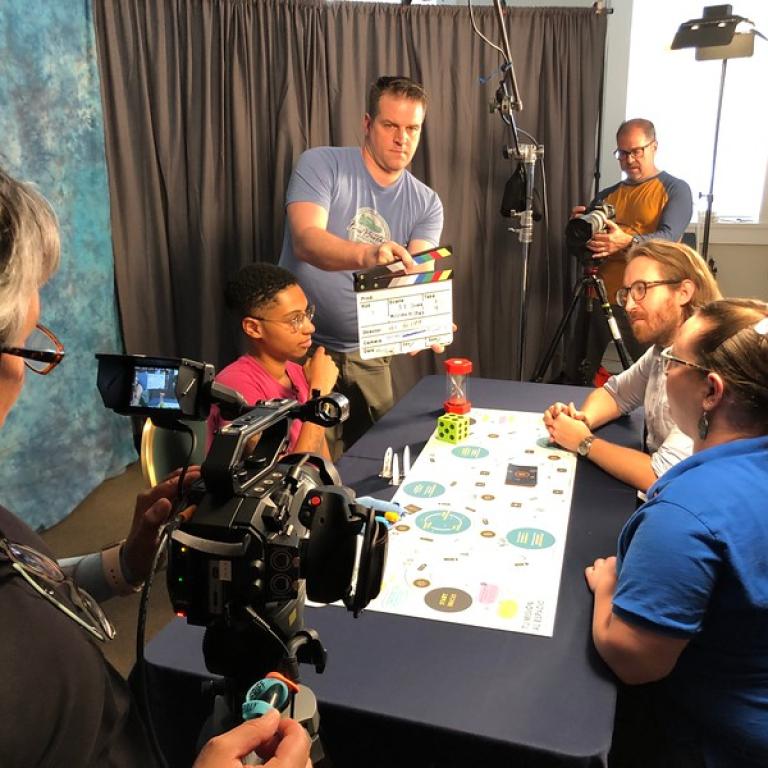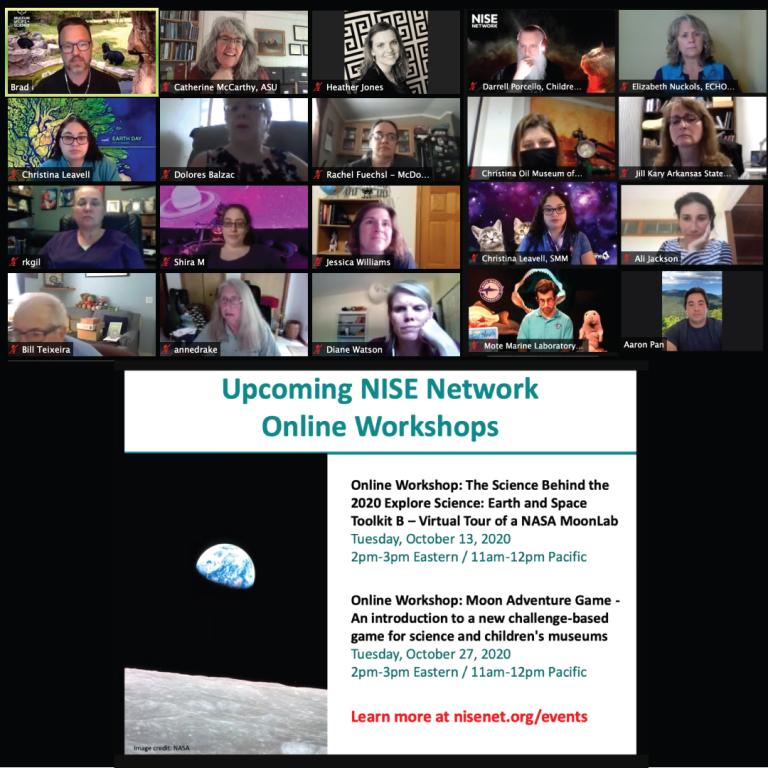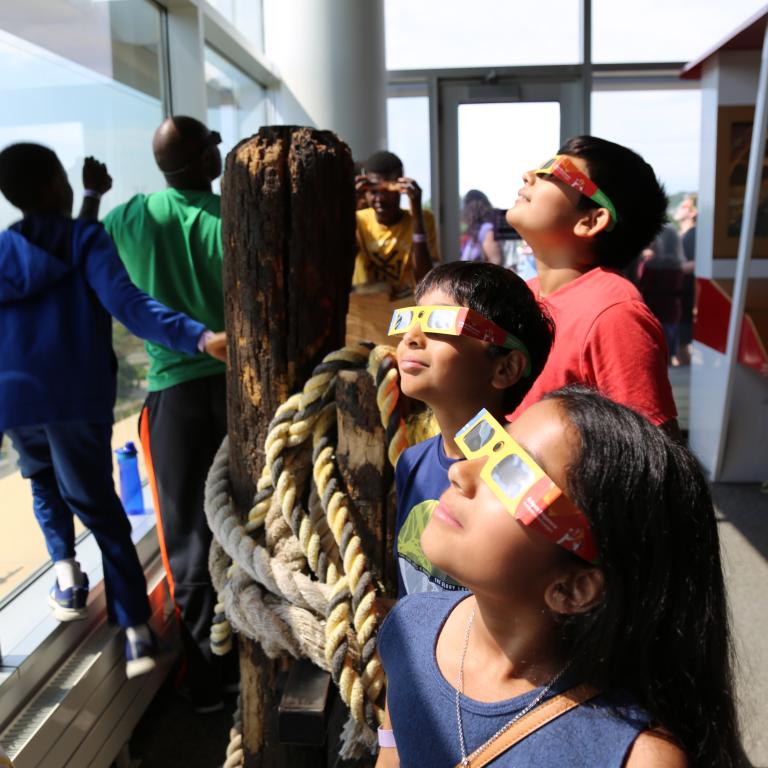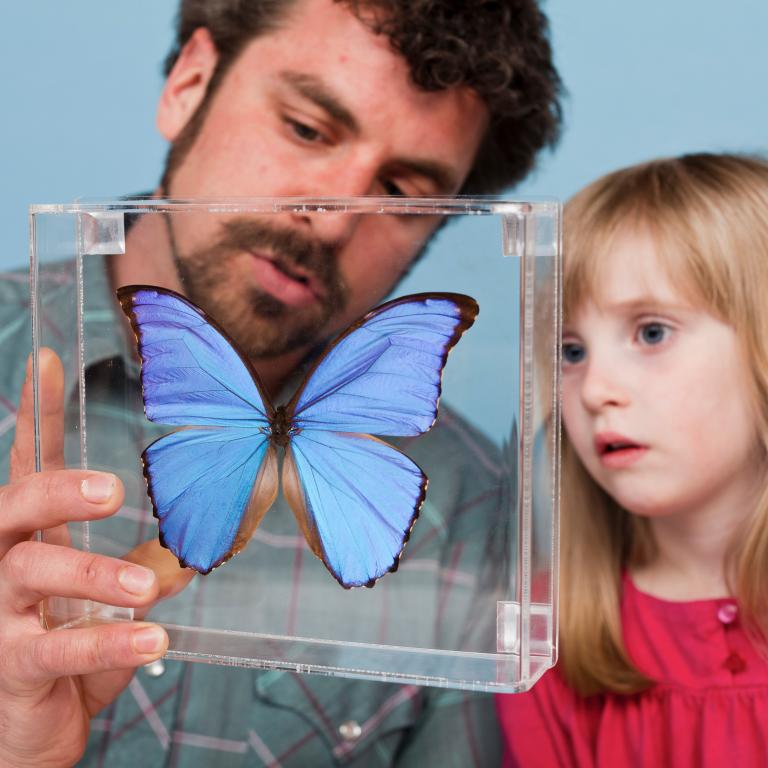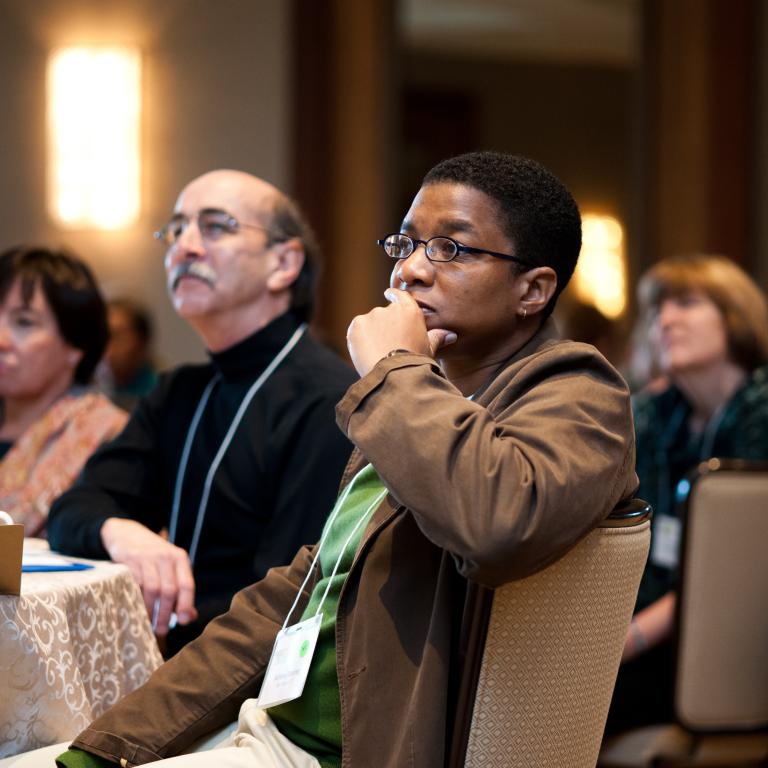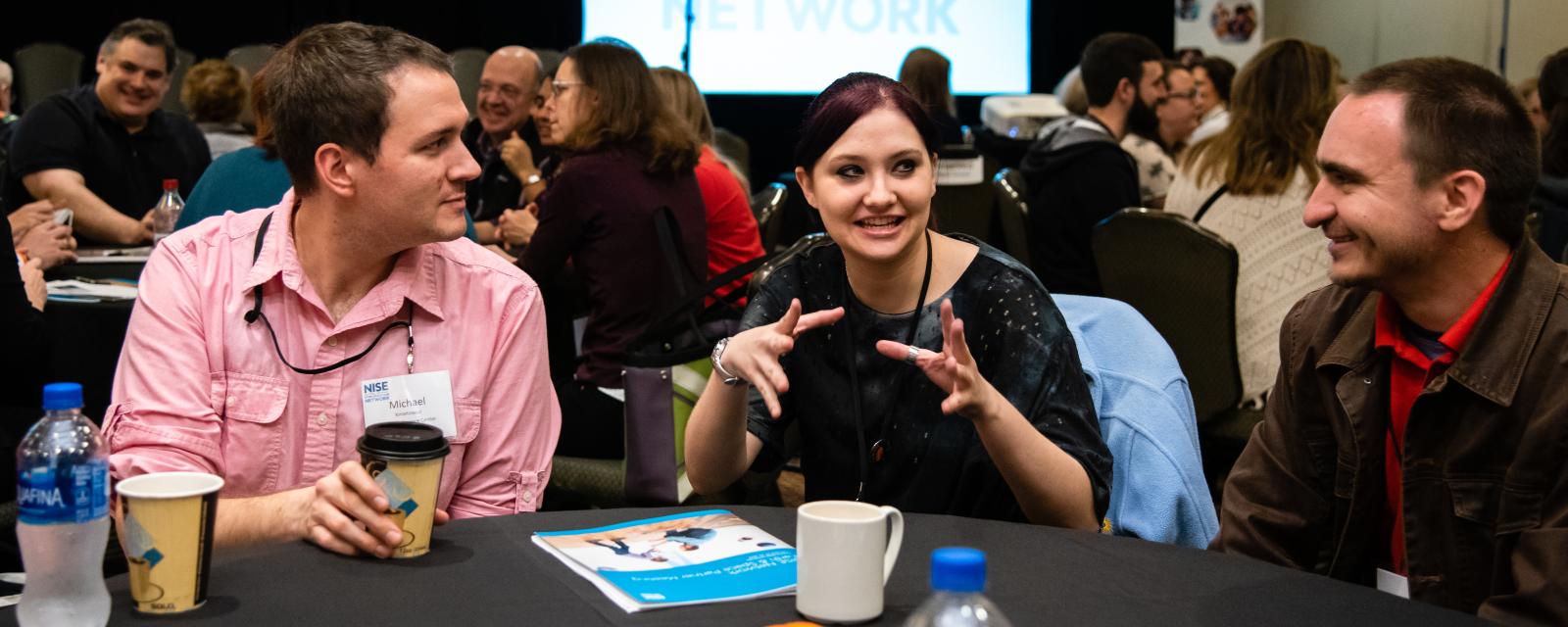
Professional Learning
Professional Learning Resources
Making STEM More Relevant and inclusive

Making Earth & Space Science More Relevant and Inclusive
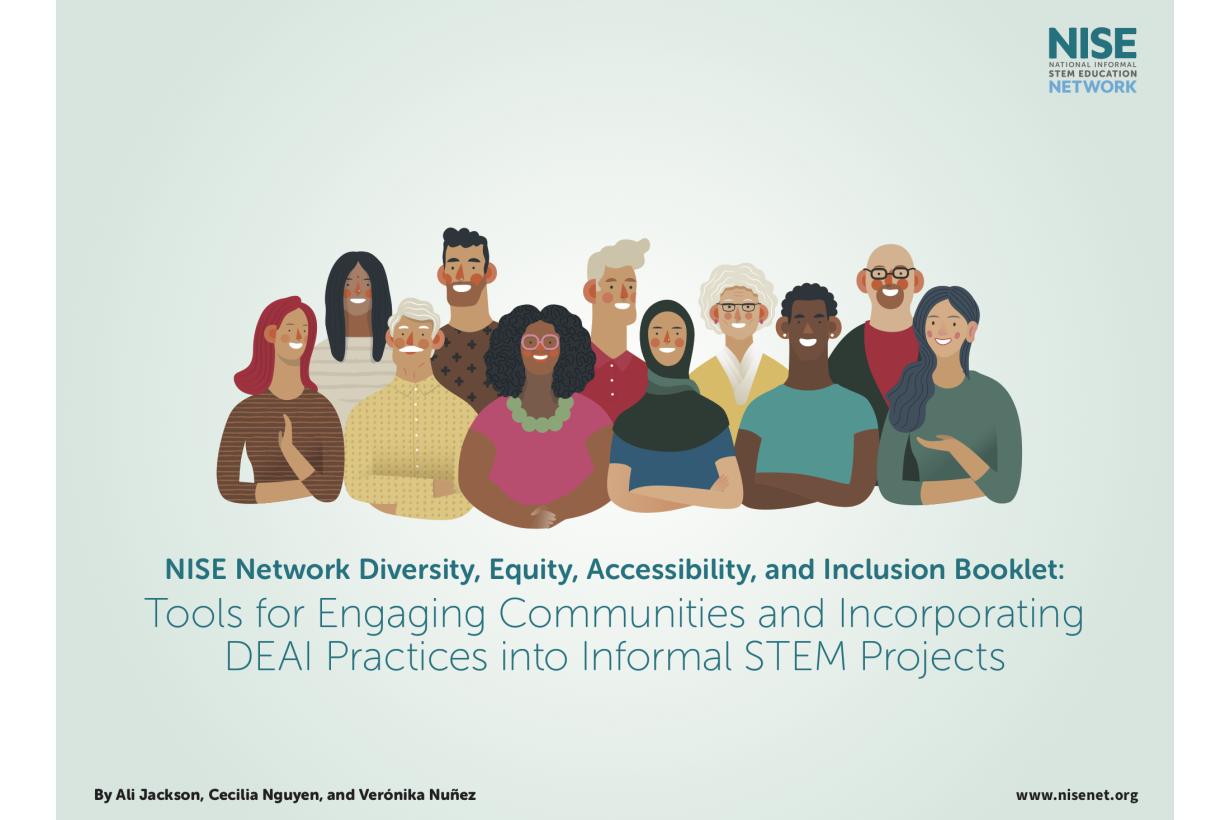
Diversity, Equity, Accessibility, and Inclusion (DEAI) Booklet
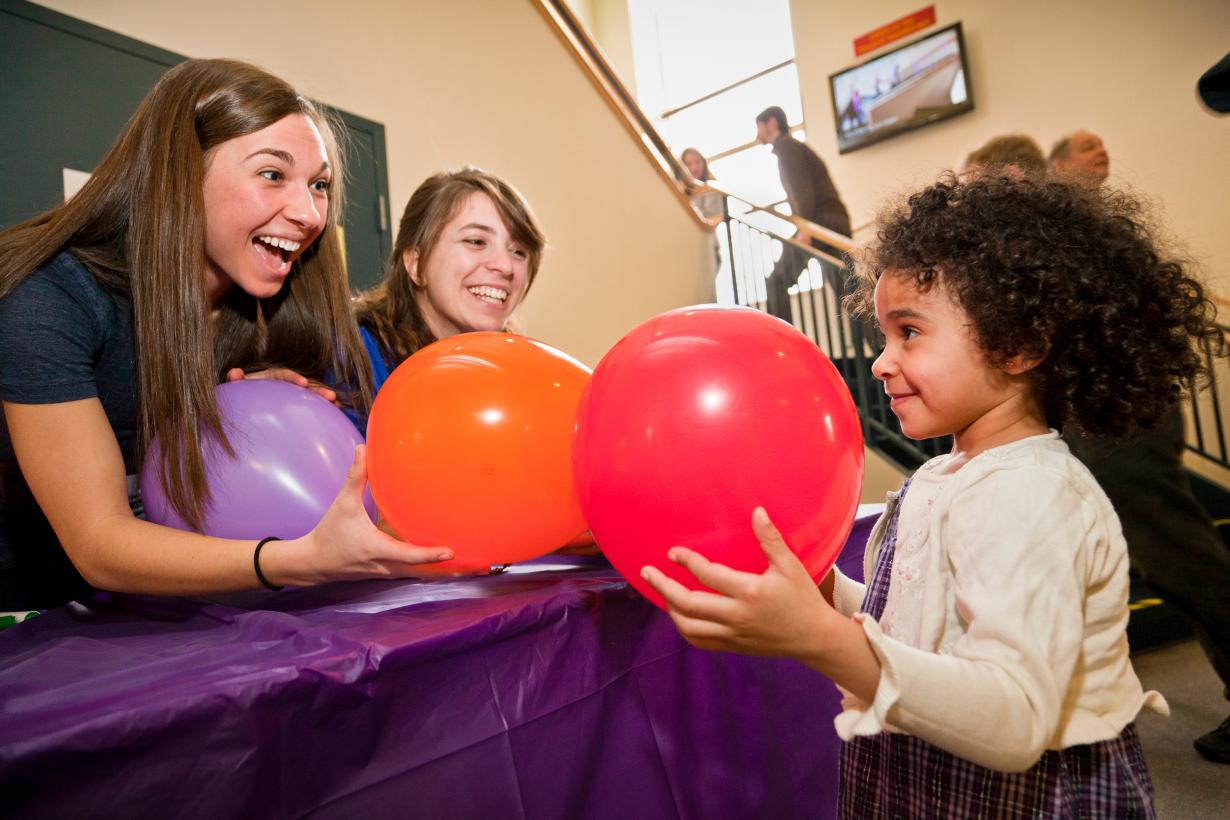
Inclusive Audiences
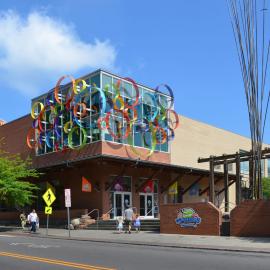
HARDIN ENGELHARDT
Marbles Kids Museum, NC
More About Professional Learning
NISE Network’s community of educators and scientists work together to create and share resources, knowledge, and best practices. Our professional learning resources and tools are designed to help support network partners and improve their practices and skills in effective public engagement around STEM. Additionally, our series of online workshops and professional meetings create opportunities for network partners from across the United States to share, collaborate and generate new ideas and professional learning opportunities.

